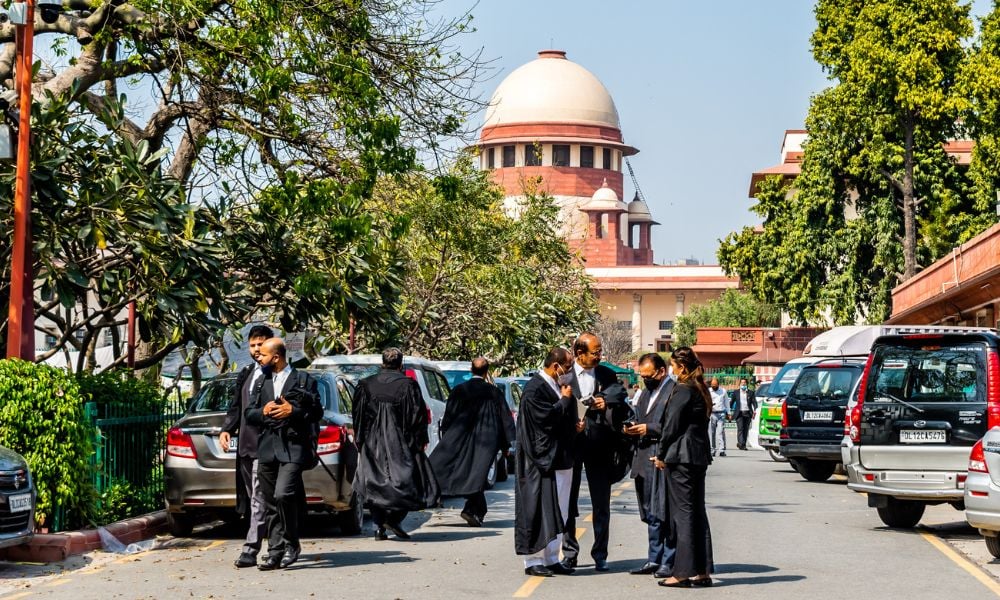
They described the newly-introduced laws as draconian and harmful to litigants' interests

Thousands of lawyers in Delhi, India staged a protest against provisions of three newly introduced criminal laws, which they described as draconian and harmful to litigants' interests.
JURIST reported that the protest primarily targeted The Criminal Law (Amendment) Bill, 2023, also known as the Bharatiya Nyaya Sanhita Bill, 2023. Lawyers expressed concern over two new provisions: section 86, which defines "cruelty against a woman," and section 73, which penalizes the publication of court proceedings without permission.
Jagdeep Vats, chairman of the Coordination Committee of All District Court Bar Associations of Delhi, and Atul Kumar Sharma, secretary general of the Coordination Committee, signed a circular outlining the committee’s objections. They raised concerns over several provisions, including those related to remand and the recording of evidence in police stations, arguing that these compromise the principles of justice. The circular also criticized judicial interference in renovating lawyers’ chambers, claiming it infringes on lawyers' privacy rights.
The Coordination Committee organized the strike following a meeting held at Tis Hazari Court. The committee resolved to abstain from judicial work as a form of protest. NC Sharma, spokesperson for the All-District Courts Bar Associations of Delhi, confirmed that lawyers from seven district courts across the capital participated in the strike.
Karnataka state minister HK Patil also voiced concerns, stating that the three new criminal laws contain significant loopholes. Patil previously announced on July 5 that Karnataka intends to introduce 23-25 amendments to the Bharatiya Nyaya Sanhita before it is enforced in the state. These proposed amendments are based on Karnataka's feedback to the central government last year in response to the legislative proposals.
The amendments suggested by Karnataka aim to address contentious provisions that are perceived to undermine democratic freedoms, including those that criminalize hunger strikes. Patil emphasized that the proposed revisions are necessary to safeguard the interests of the public and uphold democratic principles.